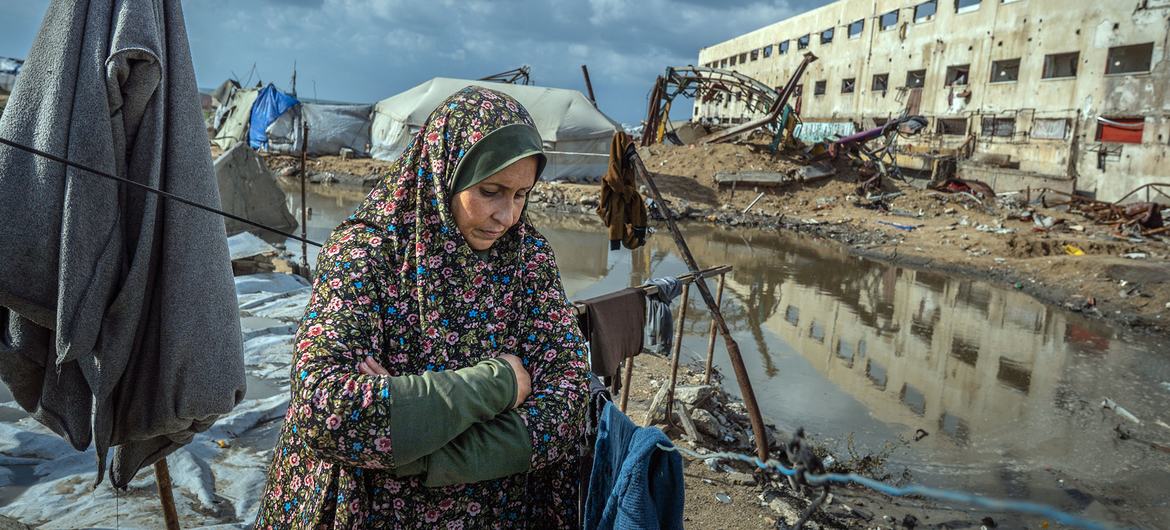Outrage as Israel sends freed Palestinian prisoners to Egypt instead of home
![Outrage as Israel sends freed Palestinian prisoners to Egypt instead of home - Palestinian men flash victory signs from inside a bus after their release from Israel’s Ofer military prison in the occupied West Bank under a ceasefire agreement. [Photo: AFP]](https://publish.eastleighvoice.co.ke/mugera_lock/uploads/2025/10/Palestine-men.jpg)
The group is part of 250 Palestinians being released from Israeli jails, alongside about 1,700 detainees from Gaza, under a ceasefire agreement reached last week. In return, Hamas has freed 20 Israeli captives.
A total of 154 Palestinian prisoners freed by Israel under a new exchange deal will be deported to Egypt instead of returning home, the Palestinian Prisoners’ Media Office said on Monday.
The group is part of 250 Palestinians being released from Israeli jails, alongside about 1,700 detainees from Gaza, under a ceasefire agreement reached last week. In return, Hamas has freed 20 Israeli captives.
More To Read
- Aid access and hospital operations remain constrained in Gaza
- New study estimates Gaza war death toll may exceed 100,000
- UN says rebuilding Gaza will cost Sh 9.1 trillion as Palestinian economy nears collapse
- Gaza: Two children killed every day during fragile ceasefire, says UNICEF
- Two tables, one war: Life amid ceasefire in Israel and Gaza
- Egypt rejects any attempts to divide Sudan: FM
“The 154 Palestinian prisoners deported abroad were received and transferred to the Arab Republic of Egypt to complete their release procedures as part of the implementation of the Free Flood 3 deal,” said the Prisoners’ Media Office.
Human rights observers have condemned the deportations, describing them as a form of forcible displacement that violates international law and deprives the freed prisoners of their right to live in their homeland.
“It goes without saying it’s illegal,” Tamer Qarmout, associate professor in public policy at the Doha Institute for Graduate Studies, told Al Jazeera.
“It is illegal because these are citizens of Palestine. They have no other citizenship. They’re out of a small prison, but they’re sent to a bigger prison, away from their society, to new countries in which they will face major restrictions. It’s inhumane.”
In the occupied West Bank, families of the deported prisoners described the move as devastating. Many said they were initially told their loved ones would return home, only to later discover they had been added to the deportation list.
With Israel maintaining tight control over Palestinian borders, families fear they may never see their relatives again.
“Today’s news was a shock, but we are still waiting. Maybe we’ll get to see him somehow. What matters is that he is released, here or abroad,” one affected family member said.
Analysts suggest the deportations are intended to prevent Hamas and other Palestinian factions from gaining political leverage and to silence those released by isolating them outside the occupied territories.
“Exile means the end of their political future. In the countries they go to, they will face extreme constraints, so they will not be able to be active in any front related to the conflict,” said Qarmout.
As the transfers took place, US President Donald Trump addressed the Israeli Parliament in Jerusalem, urging both sides to support renewed peace efforts.
Top Stories Today













































